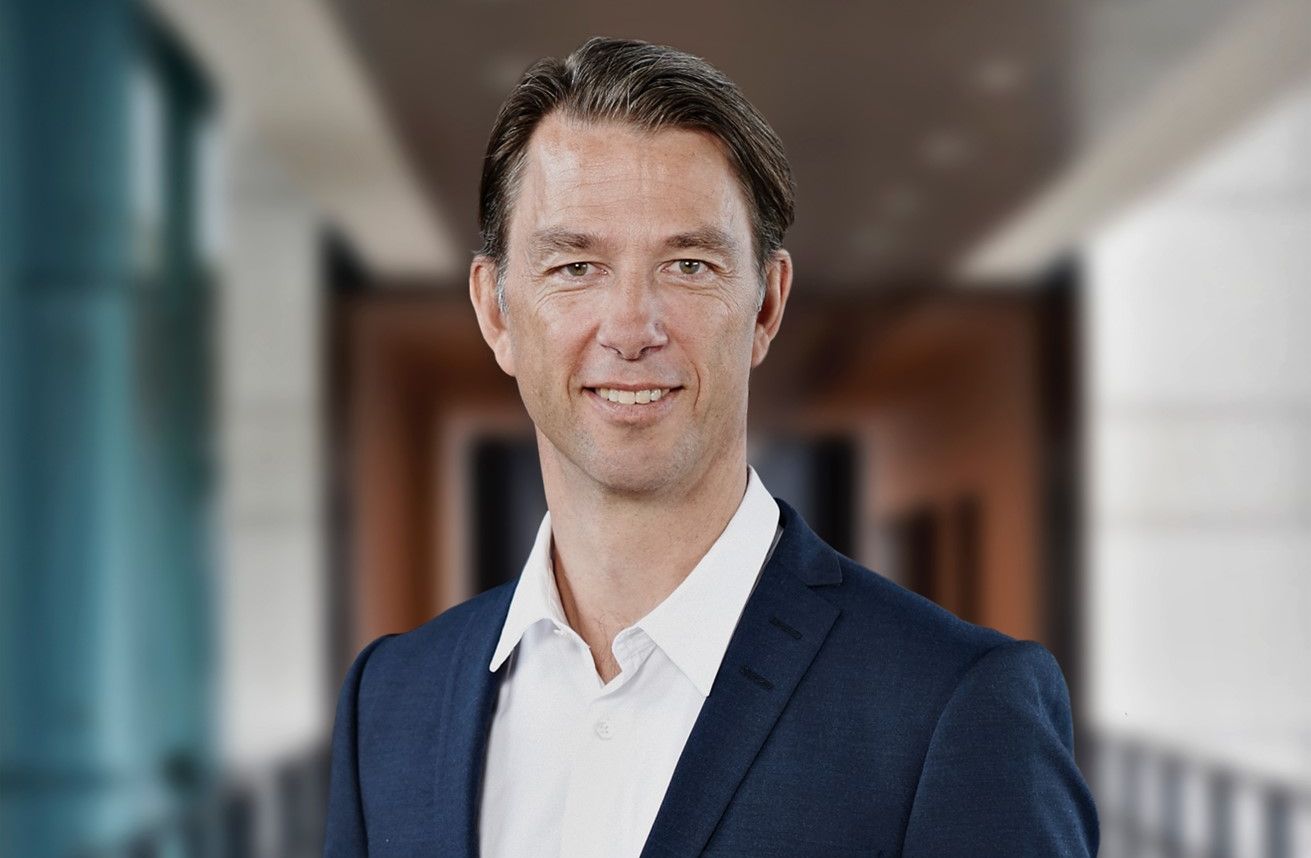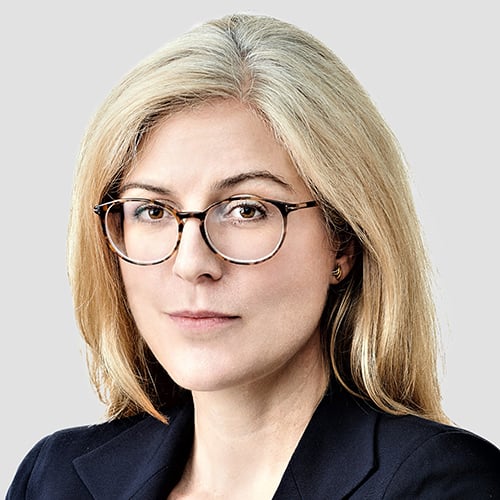In the realm of environmental, social and governance (ESG) practices and sustainable investing strategies, it is no surprise how often they are viewed as all about picking the greenest among the green companies. Hence, the top-ten holding of funds with ESG labels often consists of banks and tech stocks, which have a smaller carbon footprint than others.
Nothing wrong with that approach, of course. And in good years such as in 2020, these ESG funds have outperformed. Over a decade, however, returns have proved to be inconsistent as a result of periods of underperformance. A recent study on ESG investing strategies in the US equity market by Scientific Beta, for example, found that sustainable investing did not deliver higher returns than standard index funds.
For investors who profess a strong ESG conviction, this can be doubly frustrating. The ESG funds that invest in a narrow field of less carbon-intensive sectors are missing the companies that are driving the material change in terms of the decarbonization that their investors are expecting.
Eric Pedersen, head of responsible investing at Nordea Asset Management (NAM), understands the issue. “ESG, on the one hand, is a risk management exercise. It's a way of trying to take some risk out of your long-term return profile,” he shares. “On the other hand, once you start using sustainable, responsible, and those kinds of words in the headline, and you start talking about these products, the end investor you will attract – whether that's a pension fund or a retail investor – will be those who have feelings about them” such as on climate change and social issues.
NAM has therefore been especially careful about how it constructs and labels its flagship ESG strategies, often opting on the side of caution. Driven by its roots in the Nordic region, the €241 billion (US$254 billion) asset manager is among the first to incorporate what is known as double materiality – financial and non-financial factors – in assessing investee companies. More than a decade ago, it began to apply the Sustainability Accounting Standards Board approach and weighting that with its internal scoring system.
With the advent of the European Commission’s Sustainable Finance Disclosure Regulation (SFDR) four years ago to provide investor guidance in assessing how sustainability risks are integrated into the investment process, asset managers are under the spotlight in their approach to meet Article 8 (light green) or Article 9 (dark green) classification. Despite stricter regulation, Pedersen laments that there are still funds being marketed as sustainable but which only consist of financial and ESG issues. “Some investors, when they look into the portfolio, they get somewhat disappointed.”
 Pedersen: The most important thing is commitment, passion.
Pedersen: The most important thing is commitment, passion.
Passionate, curious
Still, he is pleased with NAM’s early work with its climate and environment strategy. Although it grew slowly at first to a size of €150 million to €200 million by 2018, in the following three years, its size increased exponentially to reach €10 billion to become the largest Article 9 fund in Europe.
A vital factor for the success of its approach to sustainable investing is hiring the right talent, those who are particularly interested in achieving real-world outcomes. “You can have a finance, economics or engineering background but the most important thing is the commitment, passion and the curiosity about sustainability because it's that passion that will make you read all the notes and the papers and dig into all the science,” Pedersen believes.
He continues: “We're not doing fundamental scientific research [so] we don’t need PhDs necessarily in biology, engineering, or climate science. But we need people who understand it well enough, who care enough to get it right, to dig into things, and to sort of scratch whenever there's something that doesn't sound right.”
That’s all the more important because of NAM’s approach to how it works with investee companies. “We’re trying not to discriminate against, for instance, utilities, based on their current [energy] mix, but to do it in a more forward-looking way and to see what their plans are and what they can do in terms of decarbonization from now on [and further] out rather than what is their [carbon] footprint today.”
Unless they were really egregious cases, Pedersen elaborates, NAM would engage with the companies that fit its screening. And that goes beyond “sending off a letter or ticking a box saying you’ve done that”.
It tries to go deeper based on its research or engagement rather than automatically say, for instance, any utility that has more than 30% coal in the mix is out. “We will go in and, in a forward-looking way, find out what are the strategies for decarbonization that the management has proposed; what their track record is to eventually deliver on that; and what we expect to get.”
He says NAM would often invest in a company that has a higher carbon footprint today if it can see a decarbonization curve going forward “rather than doing the easy thing and buying the ones that just have some of that carbon footprint and then say I’m a green fund”.
With its approach to digging into the details, he acknowledges it also means accepting more complexity, a greater understanding of the needs, and taking into account the context of the individual companies, both regionally – where are they in the world – what industries they are in and so on. “That's what we've learned over time.”
The full version of the article appears in the November 2023 issue of The Asset. To subscribe, please click here.









